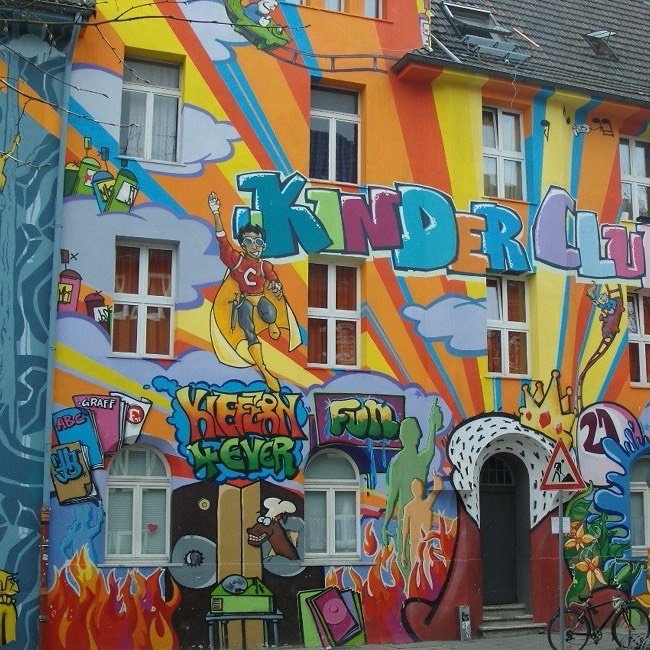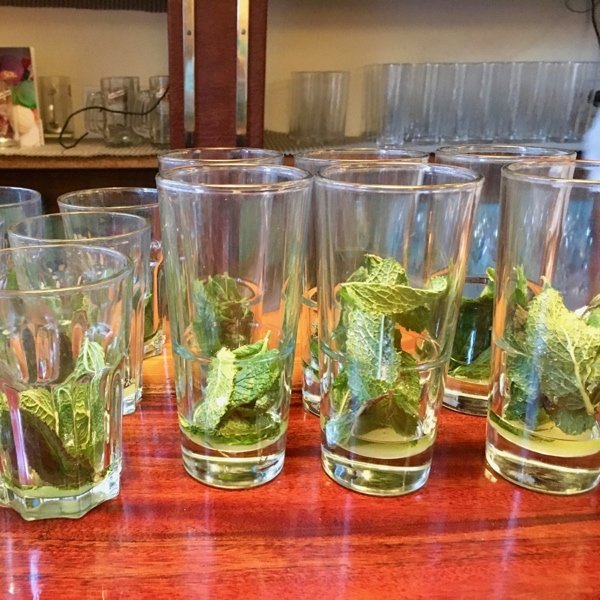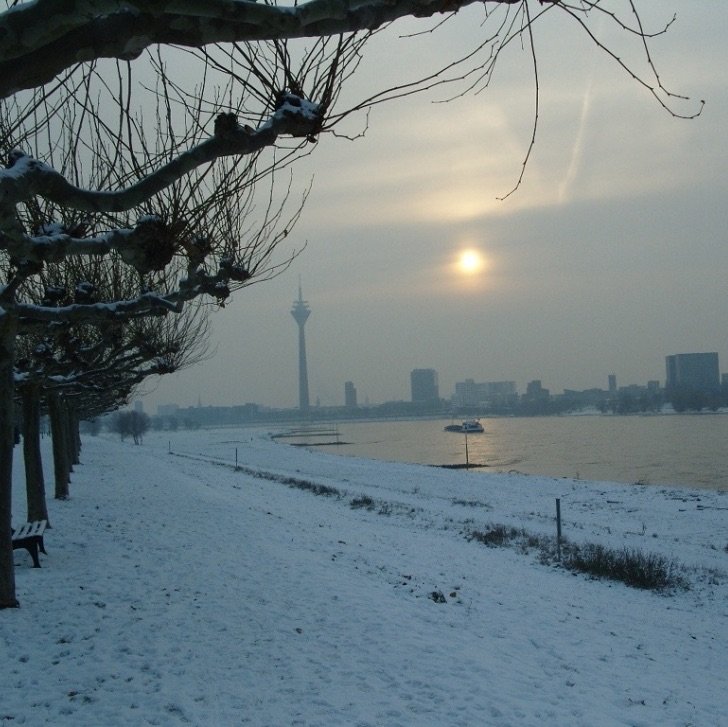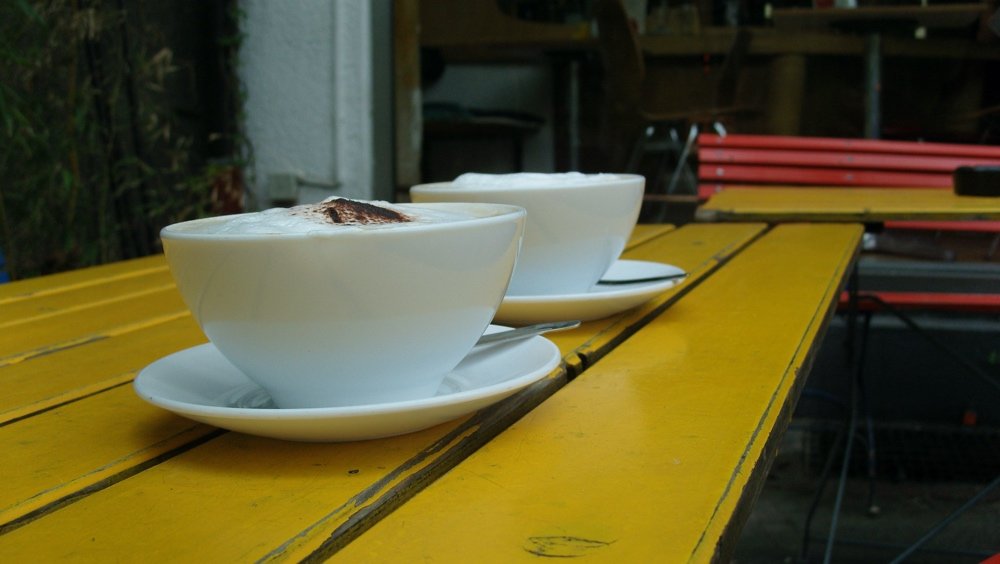Surroundings
LOCAL TOWNS NEAR DüSSELDORF

On the western bank of the Rhine lies Neuss. Other towns such as Ratingen, Krefeld, Mönchengladbach and Solingen are nearby and, with their historical structures, they too can be considered interesting examples of German town development.
Neuss
Next to Dusseldorf lies one of the oldest settlements in Germany. Neuss, with 160,000 inhabitants is a midsized town and is growing constantly. Its history goes back to the time of the Romans. Even today it is possible to admire the historical Kybele site from the 4th century and other remains. The main landmark of Neuss is, however, the basilica Quirinus Munster. This late-romantic cathedral was built at the beginning of the twelfth century and is an imposing building. The unusual museum Insel Hombroich is also highly interesting. Situated in a park meadow, terrace scenery of 12 pavilions has been created. Works of art are displayed in these buildings, which are themselves an art form.
Ratingen
Ratingen is to the east of Dusseldorf and in the northwest foothills of the Bergisches Land. With just 93,000 inhabitants Ratingen is a small to medium-sized town. It is already so old that the first settlements are no longer noticeable. A real museum treasure is the Industrie museum Cromford. With the help of the first factory in the whole of mainland Europe, the cotton-spinning mill Brügelmann, the early industrialisation and the introduction of factories is impressively explained. The town also offers nature, parks and recreation areas that include two large lakes.
Solingen
A little further to the southeast of Hilden, lies the industrial town of Solingen, known internationally for its knives. Entitled the Klingenstadt (Blade Town), the town’s name is a protected brand for high-class knifes and shears. Some 90% of the German knife industry is based in Solingen. Geographically, Solingen is located in Bergisches Land but culturally still belongs to the Rhineland. The city itself is a union of several boroughs so it has no real central hub but many small centres. Walking through Solingen, the contrasts of rural and urban scenery as well as industry and residential spaces are striking. Many green areas, which were once the deserted brook valleys between the boroughs offer recreation oases in the middle of the town.
Mönchengladbach
To the west of Dusseldorf is the borough of Mönchengladbach, which originated in 1975 from the union of the towns of Rheydt, Wickrath and Mönchengladbach. With 270,000 inhabitants it constitutes an urban centre on the left of the Lower Rhine region and this signifies the atmosphere of the town; it offers many parks and woods to maintain its rural charms. A very nice sight is the moated Rheydt castle. It is embedded in ditches and surrounded by a typical landscape in the Lower Rhine. The football club Borussia Mönchengladbach is also a trademark of the town.
Krefeld
Northwest of Dusseldorf lies Krefeld, bordering on the Ruhr Area. It was the European centre of silk and velvet production during the 18th and 19th century. Hockey fans know Krefeld due to the Krefelder Penguins. Animal lovers visit the Krefelder zoo with its 1,300 animals. Some unfortunately also know of the Krefelder Klinikum medical centre, which ranks amongst the ten best in Germany. Cycle paths lead straight through the centre, enabling the town to be experienced from several angles. The landscape protection areas, windmills and districts of Uerdingen and Hüls form a contrast to the main centre.
By Vincent Green, Aug 9 2013
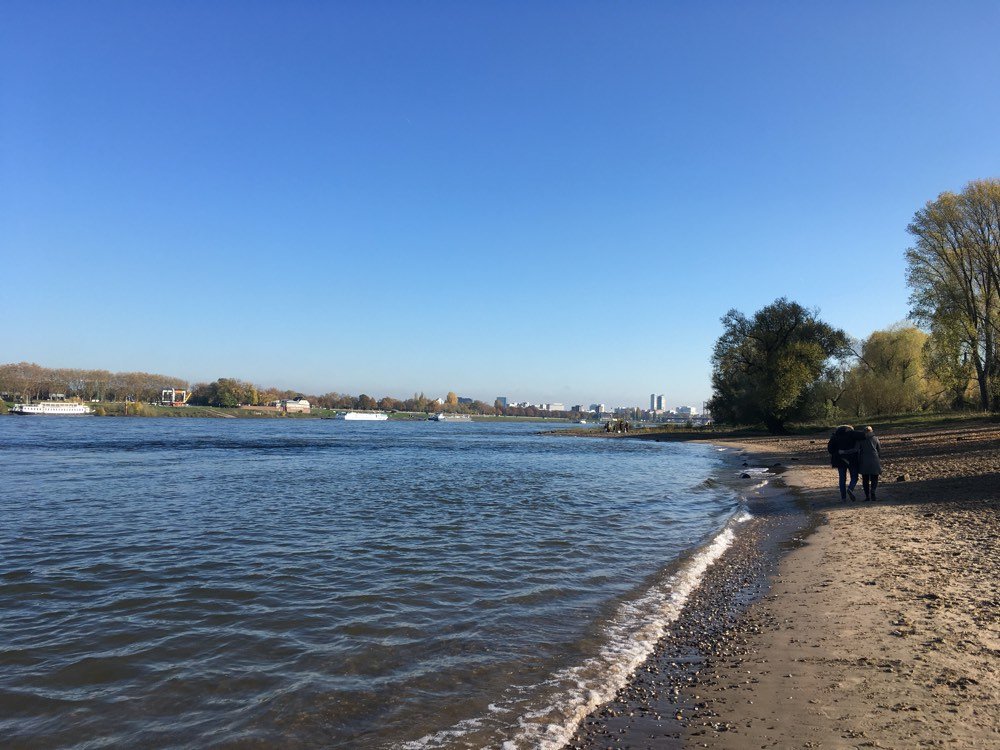
WALKING IN DÜSSELDORF
A great way to get to know Düsseldorf is to take an inspiring and rewarding walk, allow impressions to cause a pause, interact and allow details to remain more memorable. Admiring quaint side streets, strolling the promenade, the riverside or numerous woodlands bring joy to the soul.
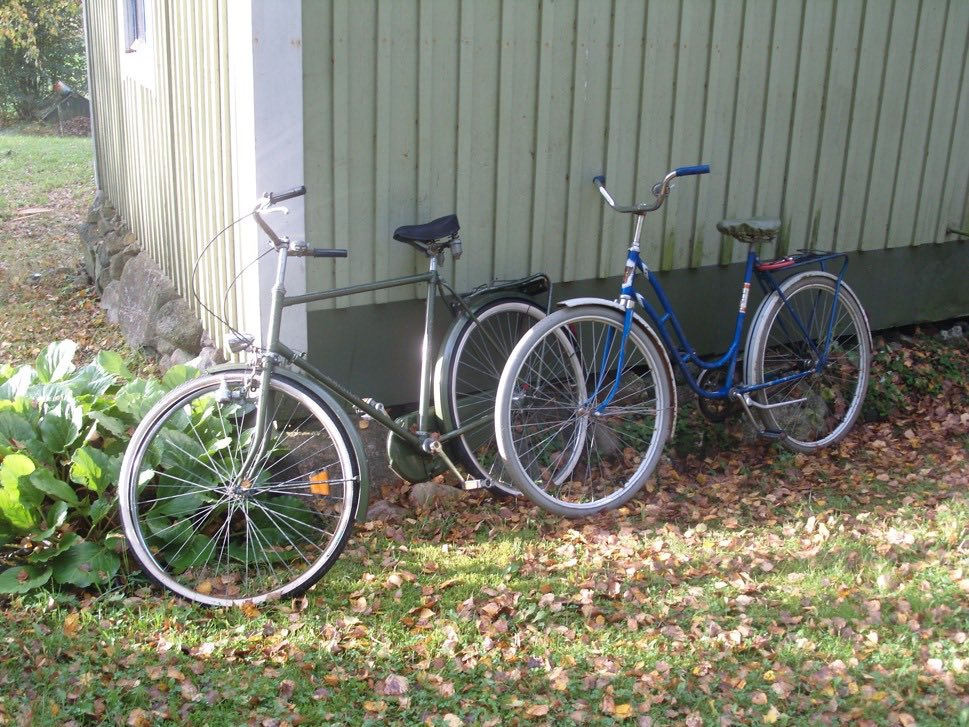
CYCLING IN DÜSSELDORF
Hopping on a bicycle, to discover quieter city districts and nearby villages can be enjoyable and most rewarding. Bike paths weave their way across most of Düsseldorf, along the banks of the Rhine and on to outlying regions.
Socialising in Düsseldorf
Staying in touch and getting together with others living in a similar situation can be important. Expat groups in social media are highly valuable sources for connecting. Socialising in Düsseldorf can include events, international clubs or heading for a popular spot to meet international residents.

